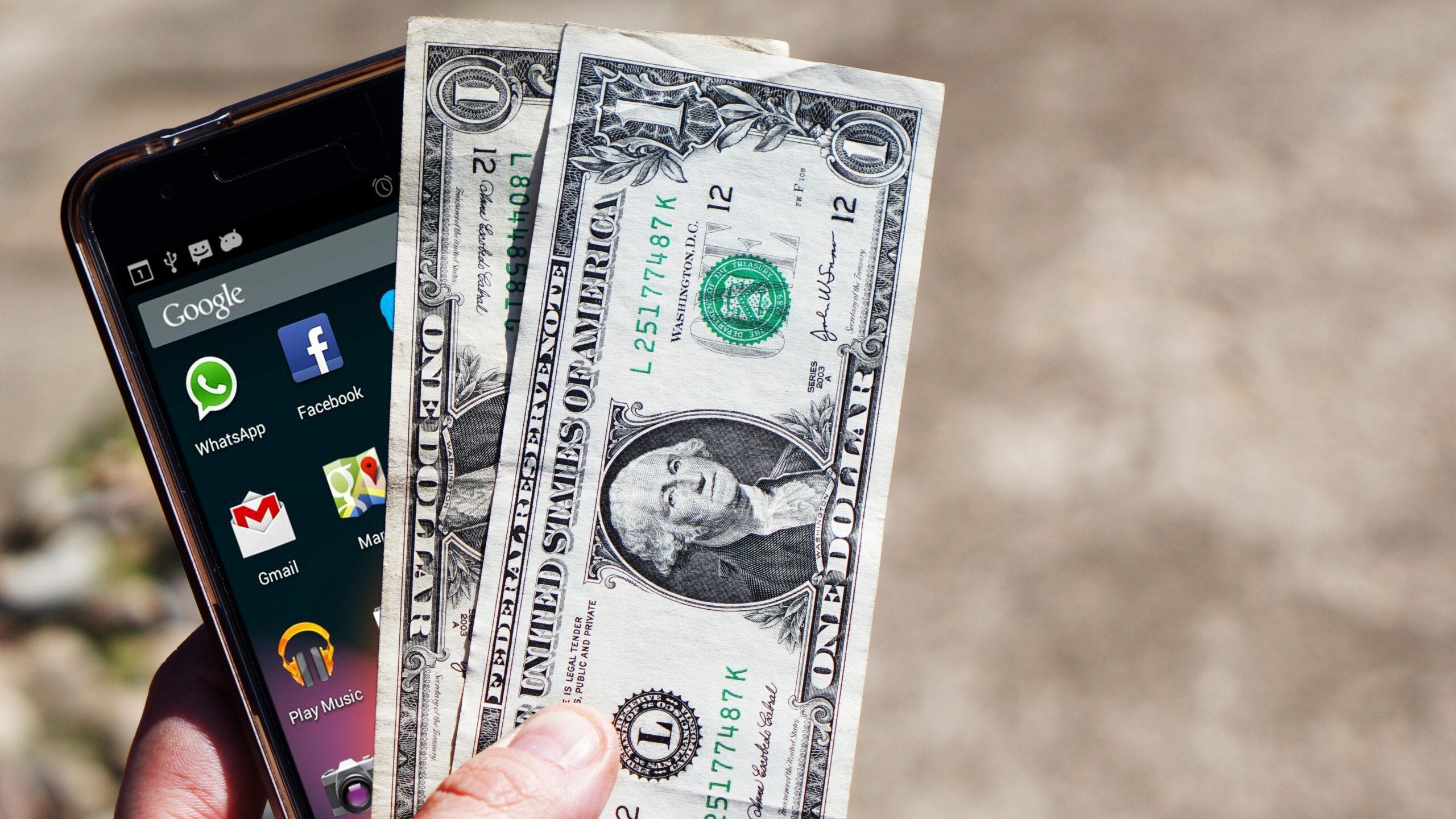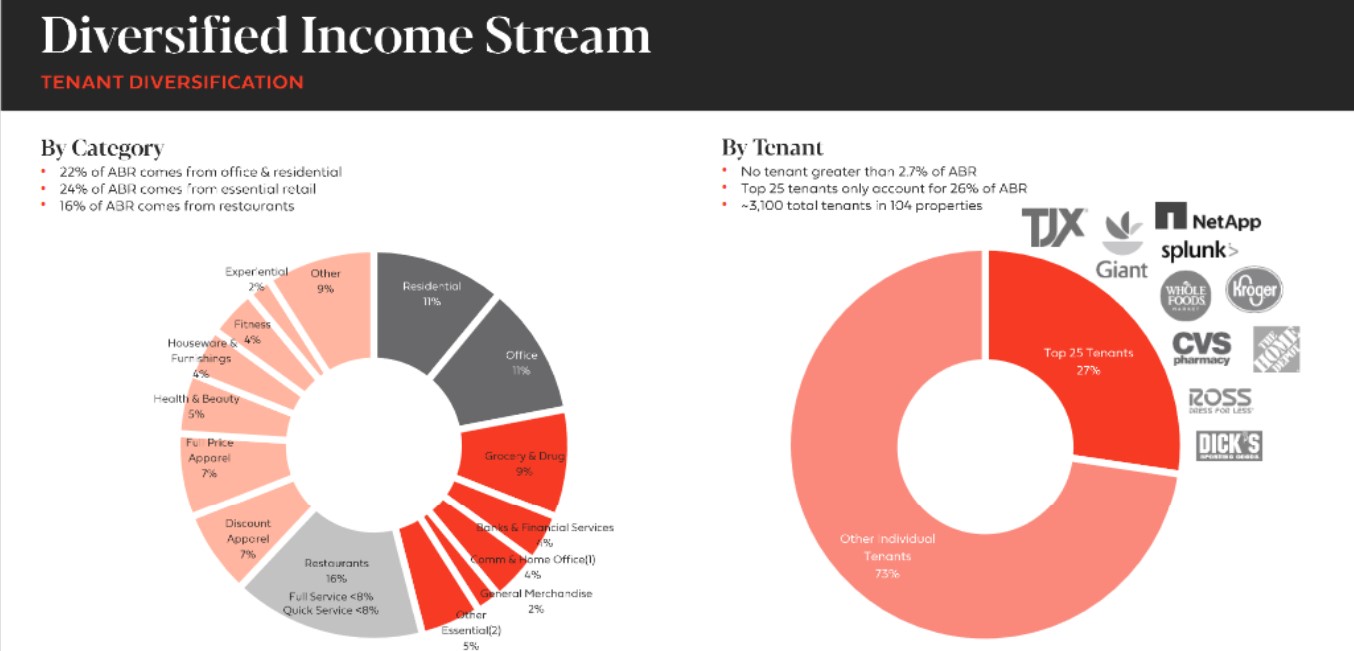
A future agreement is a financial instrument that specifies the date or price at what point the underlying asset must be delivered. There are many different types of future contract, each with different names or expiration dates. You will usually receive a quote that details the specific futures contracts you are interested in. These quotes will provide all the relevant information about a futures agreement. This article discusses a few of the most popular types of futures contracts and how they differ from one another.
Speculators
Speculators in future contracts make their decisions based on the direction of price. Stock market speculators look for price movements over a brief period. Futures market traders trade for months. Future contract investors are quick to notice short-term price movements. They then base their decisions on their predictions regarding the future direction the market.

Hedgers
A futures agreement is a financial instrument used by traders and investors to set a price for an asset. These types are more leveraged than regular futures. Futures are used by hedgers to lower the risk of uncertain market conditions. Arbitrageurs are able to buy or sell futures contracts for profit from mispriced underlying assets. Although these instruments are not suitable for hedge funds they are still useful to the global financial sector.
Standardised contracts
Standardised Future Contracts are financial instruments that can be used to exchange securities and physical commodities at a fixed rate in the future. These transactions can be executed and traded on organized markets. In some instances, the underlying price of the commodities or securities is not exchanged. UN Global Compact is a voluntary program that promotes corporate social responsibility and risk management in business. This initiative has led to the rise of futures contract.
Physical delivery
Traditionally, commodity futures contracts are settled through physical delivery at expiration. Traders who are long or short positions in a contract must deliver or receive the underlying commodity at a pre-specified location. This delivery process involves transaction costs, which include transportation, storage, insurance, and shipping. This also impacts the performance of your contract. A shorter delivery list can increase hedging effectiveness. Here are some reasons why futures settlement may need to be changed.

Cash settlement
The cash settlement of a future contract requires cash to be transferred at a set price. This price is determined using a formula that links the futures market with the cash market. The value of an underlying cash instrument in the market at the time of expiration of the futures agreement will determine the final settlement price. Cash settlements allow the short-term holder to receive the difference in cash. These types are settled by LME Clear which is the central counterparty clearinghouse of the LME.
FAQ
What is the difference?
Brokers are individuals who help people and businesses to buy and sell securities and other forms. They handle all paperwork.
Financial advisors are specialists in personal finance. They use their expertise to help clients plan for retirement, prepare for emergencies, and achieve financial goals.
Financial advisors can be employed by banks, financial companies, and other institutions. They can also be independent, working as fee-only professionals.
If you want to start a career in the financial services industry, you should consider taking classes in finance, accounting, and marketing. It is also important to understand the various types of investments that are available.
What is a Bond?
A bond agreement between 2 parties that involves money changing hands in exchange for goods or service. It is also known simply as a contract.
A bond is typically written on paper, signed by both parties. The bond document will include details such as the date, amount due and interest rate.
When there are risks involved, like a company going bankrupt or a person breaking a promise, the bond is used.
Many bonds are used in conjunction with mortgages and other types of loans. This means that the borrower must pay back the loan plus any interest payments.
Bonds are used to raise capital for large-scale projects like hospitals, bridges, roads, etc.
The bond matures and becomes due. That means the owner of the bond gets paid back the principal sum plus any interest.
Lenders are responsible for paying back any unpaid bonds.
What is the difference in the stock and securities markets?
The entire list of companies listed on a stock exchange to trade shares is known as the securities market. This includes stocks, options, futures, and other financial instruments. Stock markets are usually divided into two categories: primary and secondary. Primary stock markets include large exchanges such as the NYSE (New York Stock Exchange) and NASDAQ (National Association of Securities Dealers Automated Quotations). Secondary stock exchanges are smaller ones where investors can trade privately. These include OTC Bulletin Board Over-the-Counter and Pink Sheets as well as the Nasdaq smallCap Market.
Stock markets have a lot of importance because they offer a place for people to buy and trade shares of businesses. It is the share price that determines their value. New shares are issued to the public when a company goes public. These newly issued shares give investors dividends. Dividends are payments made to shareholders by a corporation.
Stock markets not only provide a marketplace for buyers and sellers but also act as a tool to promote corporate governance. Boards of Directors are elected by shareholders and oversee management. The boards ensure that managers are following ethical business practices. If a board fails in this function, the government might step in to replace the board.
How can people lose their money in the stock exchange?
Stock market is not a place to make money buying high and selling low. You lose money when you buy high and sell low.
The stock market is an arena for people who are willing to take on risks. They may buy stocks at lower prices than they actually are and sell them at higher levels.
They believe they will gain from the market's volatility. But if they don't watch out, they could lose all their money.
Statistics
- Individuals with very limited financial experience are either terrified by horror stories of average investors losing 50% of their portfolio value or are beguiled by "hot tips" that bear the promise of huge rewards but seldom pay off. (investopedia.com)
- For instance, an individual or entity that owns 100,000 shares of a company with one million outstanding shares would have a 10% ownership stake. (investopedia.com)
- Even if you find talent for trading stocks, allocating more than 10% of your portfolio to an individual stock can expose your savings to too much volatility. (nerdwallet.com)
- US resident who opens a new IBKR Pro individual or joint account receives a 0.25% rate reduction on margin loans. (nerdwallet.com)
External Links
How To
How to Trade in Stock Market
Stock trading is the process of buying or selling stocks, bonds and commodities, as well derivatives. Trading is French for "trading", which means someone who buys or sells. Traders are people who buy and sell securities to make money. It is one of the oldest forms of financial investment.
There are many different ways to invest on the stock market. There are three types that you can invest in the stock market: active, passive, or hybrid. Passive investors do nothing except watch their investments grow while actively traded investors try to pick winning companies and profit from them. Hybrid investor combine these two approaches.
Index funds that track broad indexes such as the Dow Jones Industrial Average or S&P 500 are passive investments. This approach is very popular because it allows you to reap the benefits of diversification without having to deal directly with the risk involved. You just sit back and let your investments work for you.
Active investing is the act of picking companies to invest in and then analyzing their performance. An active investor will examine things like earnings growth and return on equity. Then they decide whether to purchase shares in the company or not. If they feel that the company's value is low, they will buy shares hoping that it goes up. If they feel the company is undervalued, they'll wait for the price to drop before buying stock.
Hybrid investments combine elements of both passive as active investing. Hybrid investing is a combination of active and passive investing. You may choose to track multiple stocks in a fund, but you want to also select several companies. This would mean that you would split your portfolio between a passively managed and active fund.